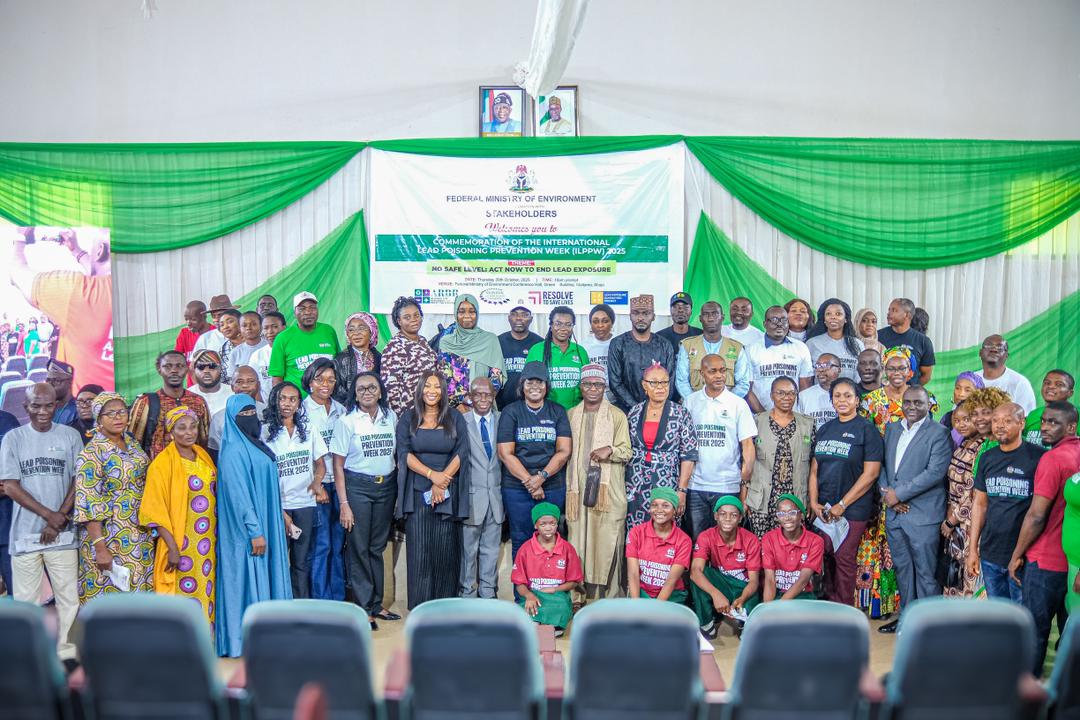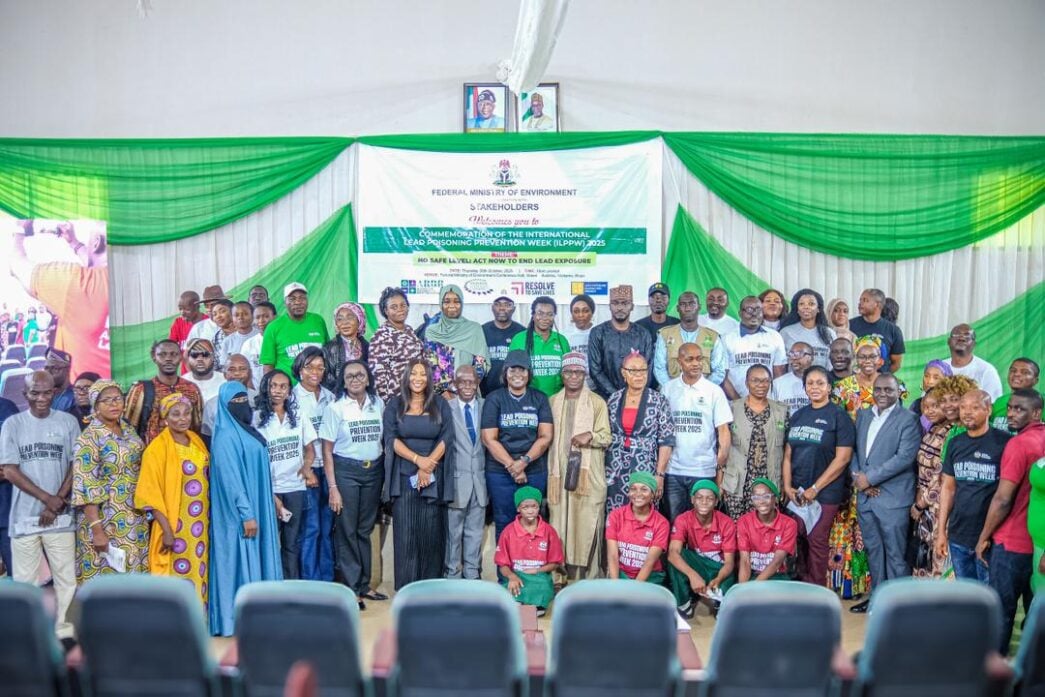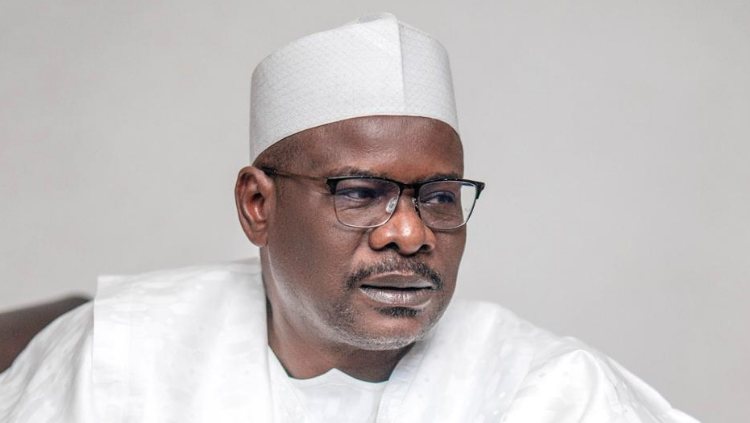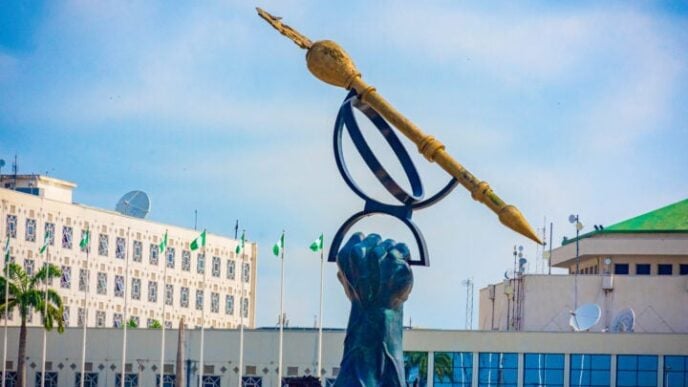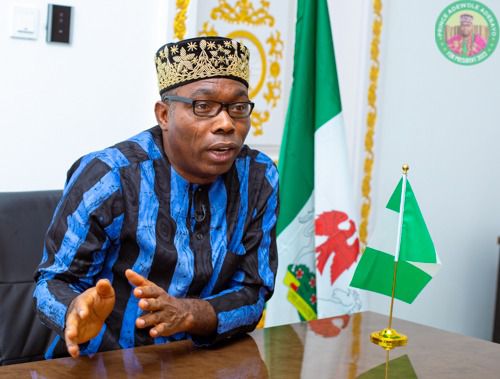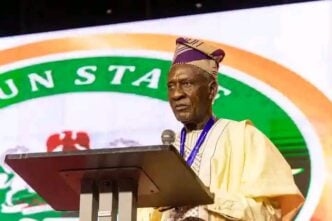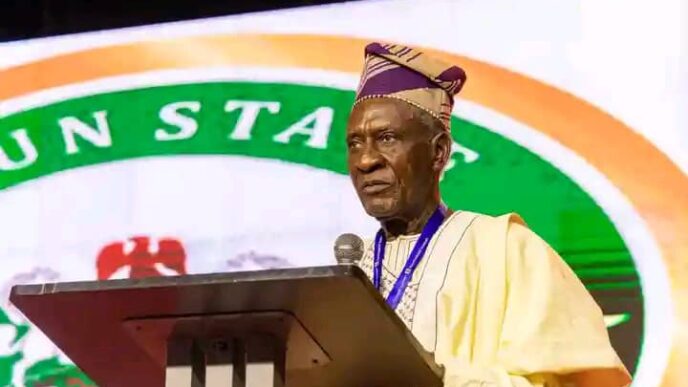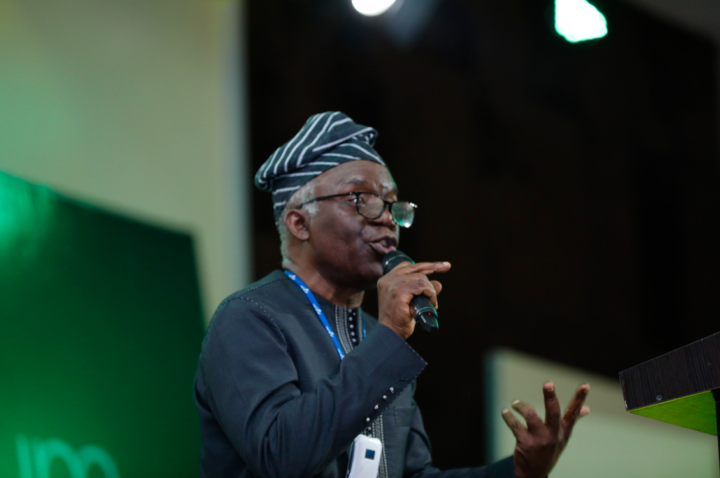Balarabe Lawal, minister of environment, says the federal government is intensifying efforts to eliminate lead exposure and phase out lead-based paints in Nigeria by 2030.
He spoke in Abuja on Thursday at the 2025 International Lead Poisoning Prevention Week themed ‘No Safe Level: Act Now to End Lead Exposure’.
Lawal said lead poisoning remains one of the most preventable environmental health problems, yet millions, especially children are still at risk.
“There is truly no safe level of lead in the human body. Even minimal exposure can cause irreversible brain damage, learning disabilities, and reduced IQ in children,” the minister said.
Advertisement
He said the ministry, working with the Standards Organisation of Nigeria (SON) and the National Environmental Standards and Regulations Enforcement Agency (NESREA), has developed and enforced national standards to limit lead in paints and other products.
According to him, remediation of contaminated sites has been completed in Zamfara, Niger, and Kaduna states, while investigations are ongoing in Sokoto.
He added that the government is also promoting safer mining and recycling practices and expanding environmental surveillance in vulnerable communities.
Advertisement
Lawal said the National Lead-Free Nigeria Initiative will drive the country’s plan to eliminate lead from paints, batteries, and consumer products through stricter enforcement, cleaner technologies, and public education.
“Lead poisoning is entirely preventable. We must act urgently to remove lead from our homes, schools, and workplaces to protect our children and guarantee a healthier future,” he added.
Nanlop Ogbureke, Nigeria director of Resolve to Save Lives, commended the ministry’s leadership in raising awareness and strengthening regulation.
“Lead poisoning is entirely preventable, yet it continues to affect children and families across Nigeria. Its impact on brain development, learning potential, and long-term health is profound. No child should lose their future because of avoidable exposure to a toxic substance,” she said.
Advertisement
Ogbureke said RTSL remains committed to supporting Nigeria in reducing lead exposure in consumer products and improving laboratory detection capacity.
Bahijjahtu Hadiza Abubakar, director of pollution control and environmental health at the ministry, said the government has gazetted key regulations including the 2023 National Environmental (Chemicals and Pesticides) Regulations and the 2024 National Environmental (Battery Control) Regulations, to control lead in paints and batteries.
He, however, noted that weak enforcement and limited public awareness mean that some paints in the market still contain lead levels above international limits.
“Prevention remains our strongest tool. By eliminating lead at its source, we can protect our children’s health and secure a safer environment for all,” she said.
Advertisement
